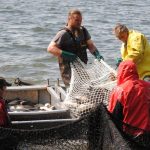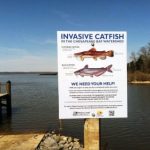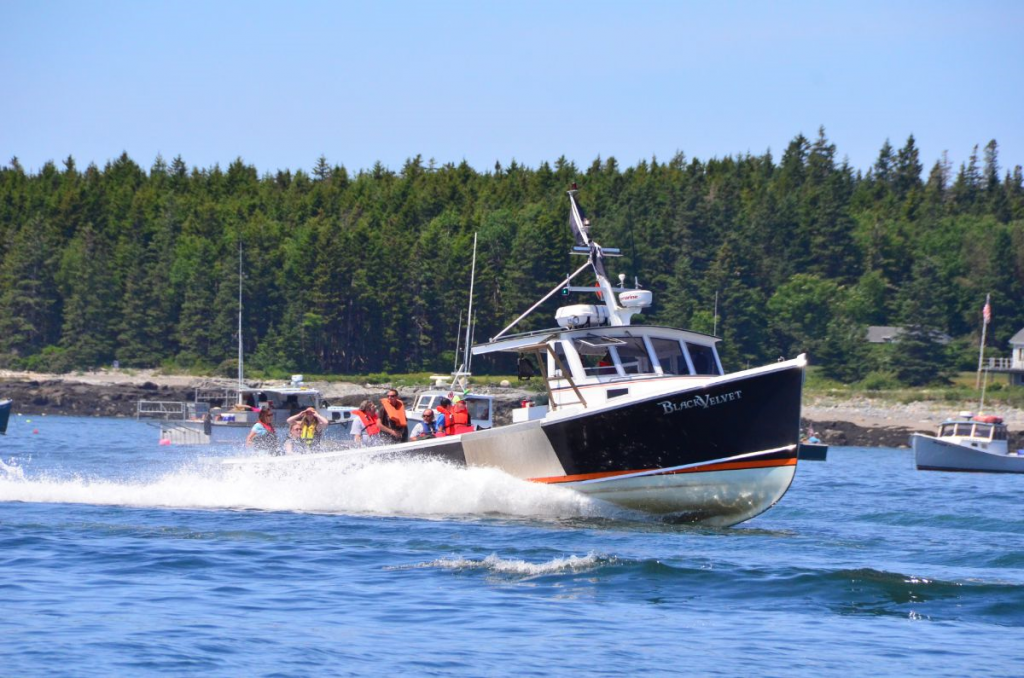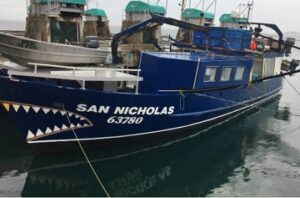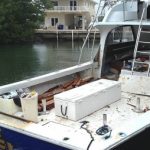Tag Archives: Omnibus Habitat Amendment
Environmental Defense Fund — Fishery vote should protect more habitat
This Thursday, the New England Fishery Management Council will finally vote on the  , the culmination of a multi-year process of creating, eliminating and modifying fishery closed areas in New England’s waters. As is often the case in New England fisheries, this decision has become highly contentious. Many fishermen oppose what they see as added restrictions on their ability to fish. For its part, the council seems intent on retaining the smallest amount of closed area it can get away with,,, Read the rest here 08:27
, the culmination of a multi-year process of creating, eliminating and modifying fishery closed areas in New England’s waters. As is often the case in New England fisheries, this decision has become highly contentious. Many fishermen oppose what they see as added restrictions on their ability to fish. For its part, the council seems intent on retaining the smallest amount of closed area it can get away with,,, Read the rest here 08:27
Your View: Eric Hansen – Scallopers need access to Georges Bank
![]() The scallop fishery has become the lifeblood of the New Bedford waterfront, a bright spot in a fishing industry encumbered by onerous regulations and heavy-handed management. It has helped make New Bedford, for the 13th year in a row, the most valuable port in the nation. But,,,Read more here 11:11
The scallop fishery has become the lifeblood of the New Bedford waterfront, a bright spot in a fishing industry encumbered by onerous regulations and heavy-handed management. It has helped make New Bedford, for the 13th year in a row, the most valuable port in the nation. But,,,Read more here 11:11
Reopen historic, lucrative Georges Bank scalloping grounds – Tim Healy
 ROCKLAND — In a region where years of harsh, inflexible regulations have led to a dwindling fishing fleet and shrinking dockside revenues, the scallop fishery stands out as one of the few success stories, producing one of the most valuable and sought-after seafood products in the country. Read more here 11:48
ROCKLAND — In a region where years of harsh, inflexible regulations have led to a dwindling fishing fleet and shrinking dockside revenues, the scallop fishery stands out as one of the few success stories, producing one of the most valuable and sought-after seafood products in the country. Read more here 11:48
Habitat debate intensifies ahead of NEFMC vote; Many ask, “Do closures even work?”
 WASHINGTON (Saving Seafood) — December 16, 2013 — Georges Bank is home to some of the most important fishing grounds in New England. But large portions of it have been off-limits to commercial groundfishermen and scallopers for almost twenty years, with a network of closed areas in place intended to restore habitat and assist in the rebuilding of fish populations. Now that network is up for revision with the Omnibus Habitat Amendment, which is currently being considered by the New England Fishery Management Council (NEFMC). The Amendment process has sparked a debate among fishermen, scientists, and environmental groups over these areas’ future. Questions have been raised over whether they are best left closed to facilitate conservation, or if the scallop and groundfish fleets should once again be allowed access to some of the most abundant fishery areas in the region. Added to that, is a discussion as to whether or not these closures have even benefited groundfish at all. more here 14:37
WASHINGTON (Saving Seafood) — December 16, 2013 — Georges Bank is home to some of the most important fishing grounds in New England. But large portions of it have been off-limits to commercial groundfishermen and scallopers for almost twenty years, with a network of closed areas in place intended to restore habitat and assist in the rebuilding of fish populations. Now that network is up for revision with the Omnibus Habitat Amendment, which is currently being considered by the New England Fishery Management Council (NEFMC). The Amendment process has sparked a debate among fishermen, scientists, and environmental groups over these areas’ future. Questions have been raised over whether they are best left closed to facilitate conservation, or if the scallop and groundfish fleets should once again be allowed access to some of the most abundant fishery areas in the region. Added to that, is a discussion as to whether or not these closures have even benefited groundfish at all. more here 14:37
Conservation Law Foundation twists law, science in latest attack on Omnibus Habitat Amendment
 In effect, CLF narrows the terms of acceptable debate by treating its own position on the Amendment — dealing with the management of closed areas in Georges Bank — as the only acceptable choice. But in fact, there are many scientifically acceptable outcomes of the Omnibus Amendment process that CLF does not mention in its report. more@savingseafood.org 17:20
In effect, CLF narrows the terms of acceptable debate by treating its own position on the Amendment — dealing with the management of closed areas in Georges Bank — as the only acceptable choice. But in fact, there are many scientifically acceptable outcomes of the Omnibus Amendment process that CLF does not mention in its report. more@savingseafood.org 17:20

































